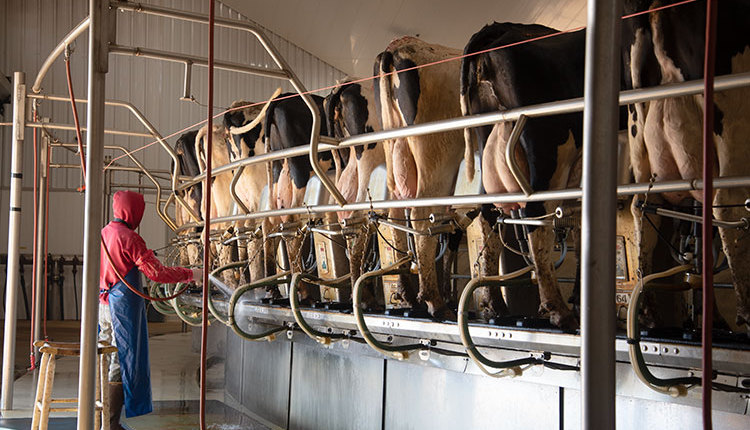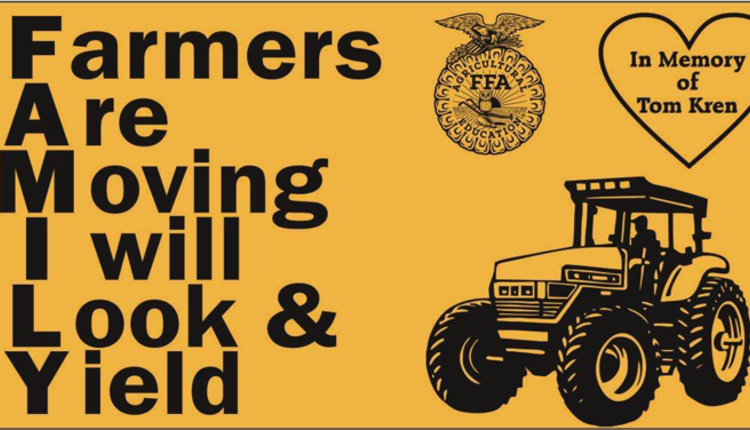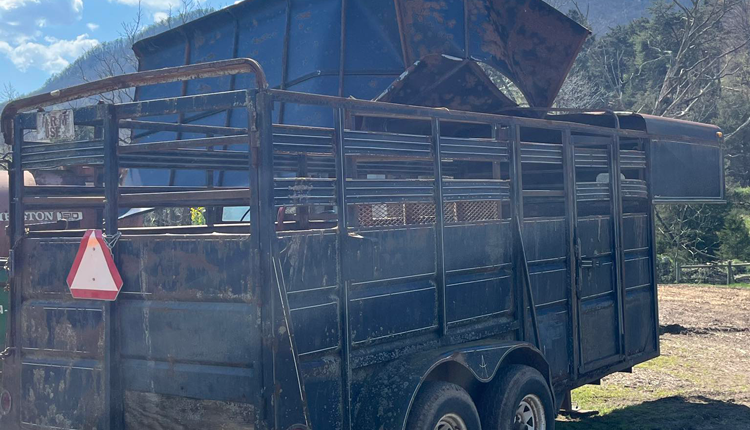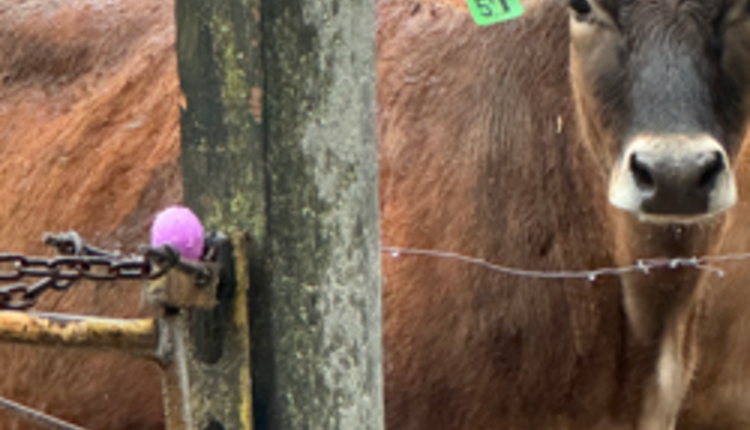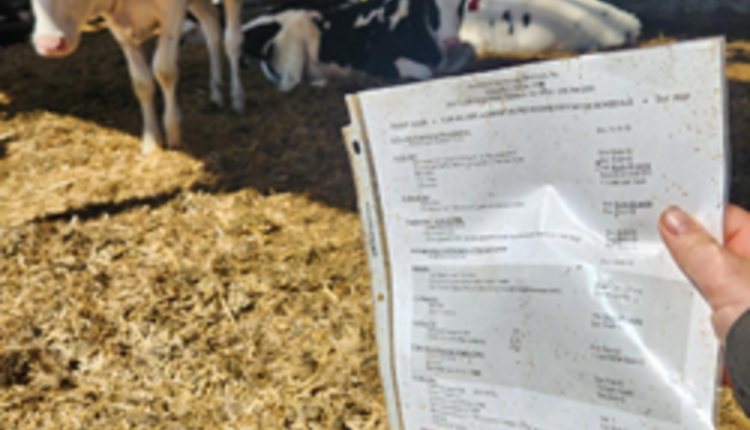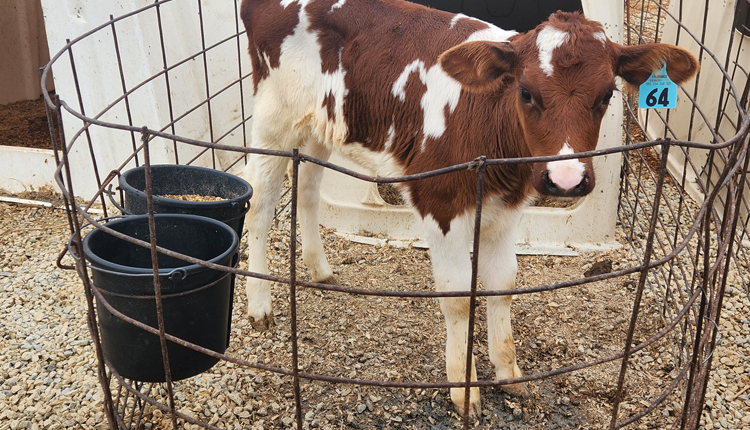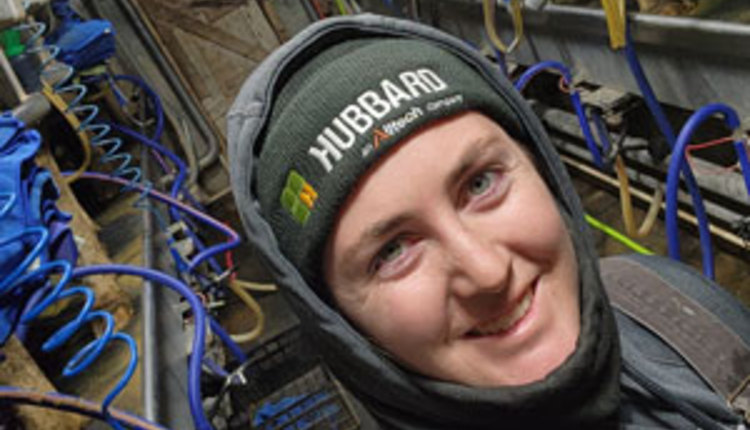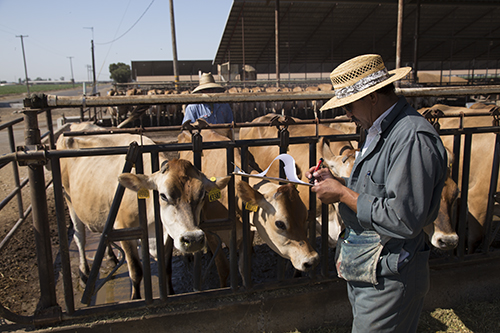
Managers of all levels on dairy farms have a tough job. They juggle many schedules and a demanding workload that never takes a day off. Maybe more difficult is dealing with employee disagreements and personalities.
One national survey of American CEOs that was conducted by human resource experts estimated that as much as $144,541 per day is wasted in lost labor efficiency in companies.
Although many dairies operate on a smaller scale than those executives that were interviewed, the researchers described five spending traps that apply to all sizes of management environments. They explained these five items often originate from team members’ strengths as they are perhaps overused or misapplied.
- The expertise trap. Expertise in an area of labor is important to managing employees who fulfill daily tasks in that area. However, expertise can also lead to close-mindedness where managers try to continue to solve new problems with strategies that may not be the best fit.
- The winner’s trap. A competitive spirit can drive employees to perform their best, but it can also create an environment where trying new strategies and failing is not an option. Failing allows employees to learn, so managers must carefully channel competitive spirits into value creation.
- The agreement trap. “Yes-men” employees are easy to get along with but not always the best for finding the right solutions in work environments. Managers must foster an environment where it is more important to find the best answers to problems.
- The communication trap. Otherwise described as all talk and no solutions. The human resource experts describe two types of noise that fall in this category. Redundant noise — or preaching to the choir and chaotic noise — or overcommunication that interferes with actual work.
- The macromanagement trap. Unlike micromanagement, macromanagement describes individuals who ignore details in favor of delegation. Gone too far, this concept doesn’t create an environment where individual action leads to collective team benefit.
The challenge then is this — how can we as managers and employees think about problems differently and apply our skill sets to find real solutions.

Maggie Seiler
The author is an associate editor. She covers feeding and nutrition, youth activities and heads up the World Dairy Expo Supplement. Maggie was raised on a 150-cow dairy near Valley Center, Kansas, and graduated from Kansas State University with degrees in agricultural communications and animal sciences.




